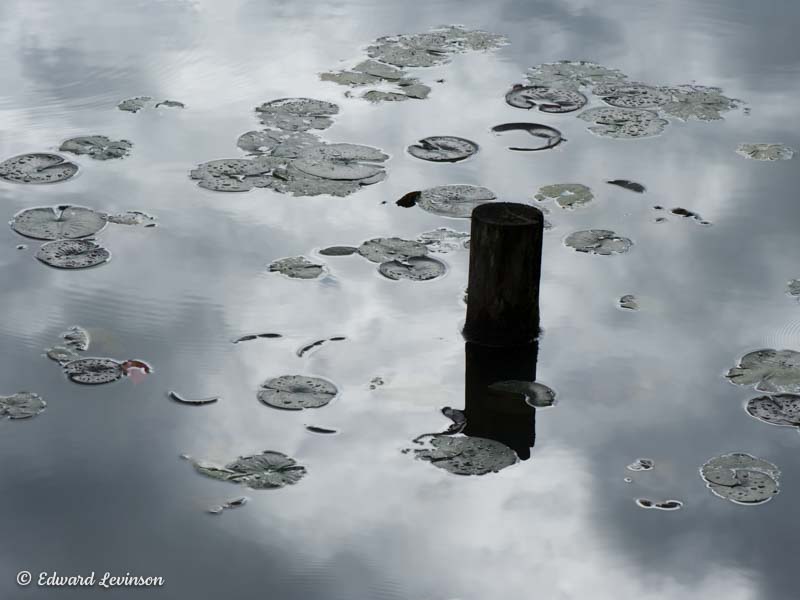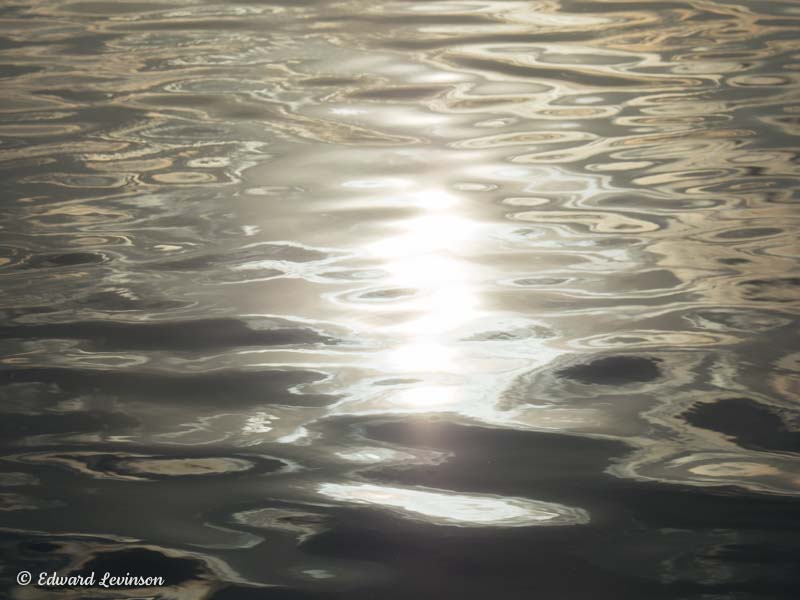hot water bottle
memories of mother
warm me
湯たんぽや母の思い出暖める
yutanpo ya, haha no omoide, atatameru
My earliest months living in Japan were in Kyoto. It was late fall and getting colder every day. Slowly I got used to the chilly (soon to be frigid) old wooden Japanese houses. One winter morning I tried Zen sitting with an American friend who was deep into it at Myōshinji Temple. I quickly decided that way of meditation was not for me but I liked the idea of walking up and down the hardwood hallways, part of the practice between sittings during the longer sesshin retreat sessions.

Later living in an old farmhouse in Chiba I tried staying barefoot during the winter, walking around on the cold un-insulated floors thinking of strong-minded Zen monks or another hero model, the barefoot St. Francis. Perhaps I wasn’t tough enough. It simply aggravated the chronic shimo yaki (chilblains) on my toes. Even now, living in a modern house of mixed Western and Japanese design, the toes still get bothered. Cold feet cry out for more movement inspiring this winter poem:
Get Out
Cold white breath
hot tea steaming
sun rays fill eyes
floats in cup.
Wind whips it up outside
while I sit
behind doubled pane glass
trying to go Inside.
Get Out!
Sit stand walk run
where wind blows
idle thoughts,
chill awakens
present moment,
Sun burns
cloudy image of
myself.
No Mantra Needed
Going…Going…Gone.

Many of my poems are after the style of Nanao Sakaki (1923-2008), a well-known Japanese vagabond poet. Friend Taylor Mignon introduced a homage poem to Nanao by calling him “Japan’s First Hippie”. Nanao’s poems and his persona have had a big influence on my writing and seeing. Even though I gave up the vagabond way a long time ago after hitchhiking from Kyoto to Tokyo in the middle of a cold winter night to start a new life, I am still tempted to roam again. Several of my experiences with Nanao were actually on the road in Kyoto.
One night in the late 90’s I bumped into Nanao on a Kyoto side street. We were both on our way to hear a Ram Dass lecture at Honen-in Temple. Nanao looked weighed down. His backpack was shockingly heavy. “Too Many Books!” he sighed and laughed. It reminded me of the story of the poet Rumi, when another wilder mystic, Shams Tabrizi, threw Rumi’s precious manuscripts into a deep well. Nanao, even as a wondering poet, knew the world and cared deeply about it. You can find it in his poems.
Another night, a group of admirers and I were with Nanao, sitting on the steps of a forest lodge in Kyoto drinking sake from Japanese teacups as we listened to him discourse on the use (or more exactly the non-use) of toilet paper. His philosophy on that and other environmental and consumerism issues comes back to me often when sitting…in the water closet. You could see it in his actions.
The next day we both were presenters at an environmental activist event, which ended with a march down Kyoto’s Marutamachi Dori ringing bells, chanting slogans, beating on drums. Nanao loved to march… anytime, anywhere, for a healthy mind and planet. And balance it with sitting. You felt it in his heart.

A free-range poet rocks like a rolling stone, to somewhat mix metaphors. This ending poem is homage to Nanao to whom I give thanks. It seems appropriate for a new year or anytime when we need reminding of simple things we can do to make the world a better place.
Never Mind
Never mind the chaos
Suns shine among us.
Walk on air
Talk keep fair
Float with moon
Note good friends
Raft on a cloud
Laugh at a dog
Cry at war
Sigh at crisis
Dial up your game
Smile on your same
Climb a tree
Mime a mentor
Envelop the natural
Develop a talent
Chance in a room
Dance a tune
Never mind the chaos
Suns shine among us.

Notes:
“Get Out” was recently published as part of my prose essay “Growing Old With Grace” in What Keeps me Going, A Fine Line Press Collection, 2021
“Never Mind” was published in the Tokyo Poetry Journal, Vol. 6 (Summer 2018) along with a shorter poem version of the Kyoto encounters with Nanao.
Recommended introduction to Nanao Sakaki’s poetry: Break the Mirror, The Poems of Nanao Sakaki, North Point Press 1987
For quick background on Nanao on Wikipedia
“Lao Tsu”, a Nanao homage poem, by Taylor Mignon in Japlish Whiplish, Printed Matter Press 2010
More from Edward Levinson on WiK
Self-Introduction
Smiling With Light
